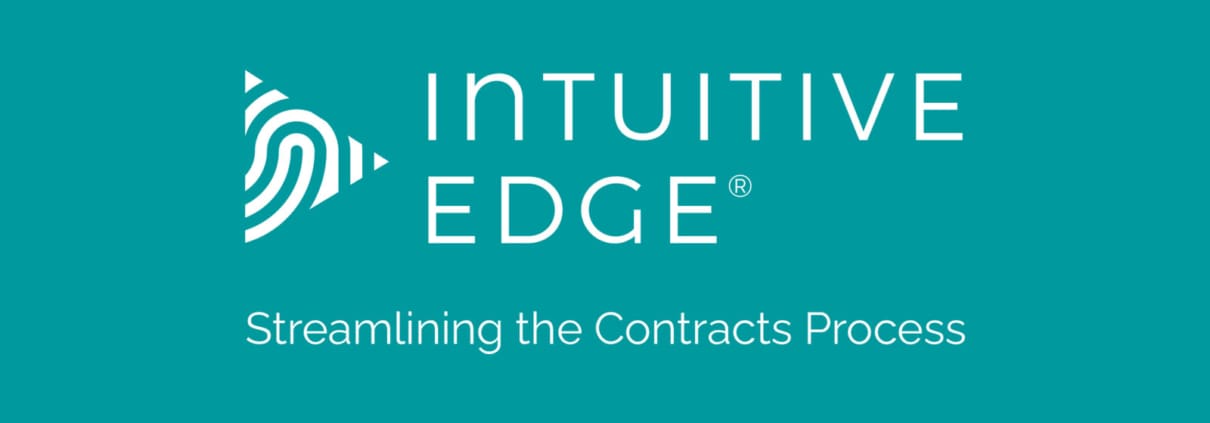One Roof, Double Impact: Centralizing Customer and Procurement Contracts
In the vast world of corporate dealings, contracts play an instrumental role. But, imagine the power and efficiency of managing both customer and procurement contracts under one centralized hub? Let’s explore the ideal world of centralized contract management and the manifold benefits it can usher in for businesses.
1. A Unified View for Decision-Makers
One of the primary advantages of consolidating both customer and procurement contracts into one system is the unified view it provides. Decision-makers can instantly understand the full spectrum of commitments, both from customers and to suppliers, enabling more informed strategic choices.
2. Streamlining Operational Efficiency
Handling contracts separately often means navigating through disparate systems, each with its set of workflows and processes. Centralizing contracts simplifies this by providing standardized workflows, reducing redundancies, and ensuring consistency in contract management practices.
3. Real-time Risk Assessment
Contracts, be it with customers or suppliers, come with associated risks. Centralized management facilitates a comprehensive risk assessment. By juxtaposing customer commitments against procurement obligations, businesses can spot and address potential risk areas more proactively.
4. Optimized Cash Flow Management
A consolidated view of both revenue (from customers) and expenses (to suppliers) offers businesses a clearer picture of their cash flow. This holistic perspective aids in better financial planning, ensuring that funds are allocated effectively.
5. Enhanced Negotiation Power
Centralized contract management provides businesses with actionable data. Understanding purchasing trends and customer preferences can empower companies during negotiations, ensuring that terms are favorable and in line with market trends.
6. Improved Compliance and Auditing
Having all contracts under one roof simplifies the compliance process. Whether it’s adhering to industry-specific regulations, international trade norms, or internal corporate policies, a centralized system ensures that every contract meets the stipulated criteria. Plus, auditing becomes more straightforward when all necessary data is available in a single place.
7. Seamless Integration with Other Business Tools
A centralized contract management system can easily integrate with other essential business tools, such as CRM, ERP, and financial software. This ensures that all departments, from sales to procurement, operate cohesively, amplifying overall efficiency.
8. Facilitating Stronger Relationships
Relationship management, both with customers and suppliers, becomes more streamlined with centralized contract management. Automated alerts about renewals or expirations, tracking performance against contract terms, and maintaining a history of interactions foster trust and long-term partnerships.
Conclusion
In the intricate dance of corporate commitments and obligations, centralizing customer and procurement contracts is akin to orchestrating a well-coordinated ballet. The harmony, clarity, and efficiency that such a system brings not only bolster operational excellence but also position businesses for sustainable growth and profitability. In this ideal scenario, companies don’t just survive; they thrive.






Leave a Reply
Want to join the discussion?Feel free to contribute!